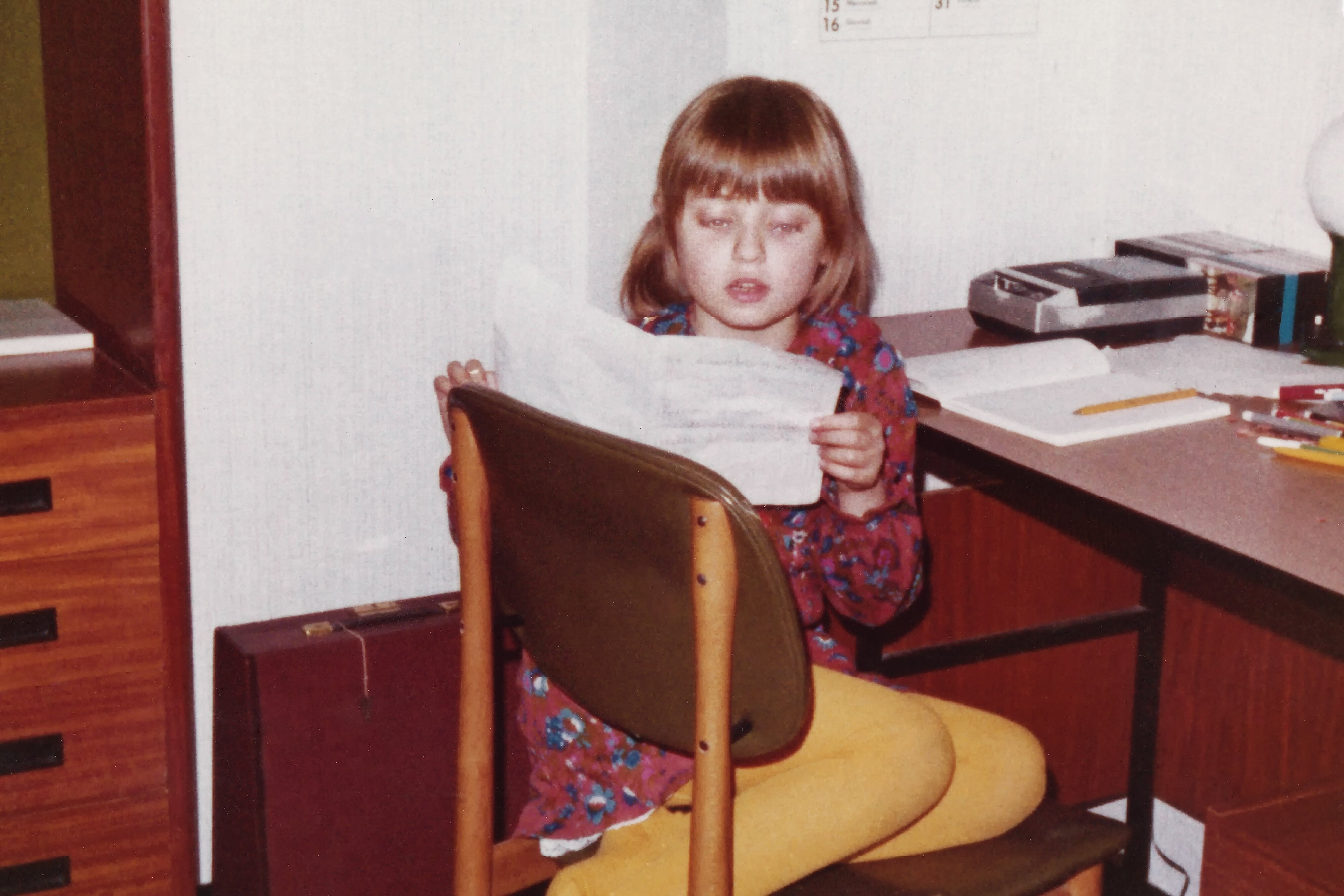This 1 Child Psychology Lesson Will Make You A Better Parent – And Improve Every Relationship You Have

<div><img src="https://img.huffingtonpost.com/asset/68da94aa14000010575c64d9.jpeg?cache=qNyjI2DIHT&ops=scalefit_630_noupscale" alt="Are you practicing an "MGI" or an "LGI"? It can make all the difference." data-caption="Are you practicing an "MGI" or an "LGI"? It can make all the difference." data-credit-link-back="" data-credit="VioletaStoimenova via Getty Images" />Are you practicing an "MGI" or an "LGI"? It can make all the difference.</div><div class="content-list-component text"><p>Want to be a better parent, friend or colleague? </p><p>There’s a simple lesson from psychologists that you can adopt right now to improve your relationships – no matter the age of the person who is confusing or upsetting you. It’s the difference between assuming the best or the worst in people, also known as the most or least generous interpretations. </p><p>“Most of us jump right to an ‘LGI’: the least generous interpretation,” said Becky Kennedy, a clinical psychologist and author of <a title href="https://www.harpercollins.com/products/good-inside-becky-kennedy?variant=39934329094178" target="_blank" rel="noopener noreferrer">Good Inside: A Guide to Becoming the Parent You Want to Be</a>, who has helped to popularise these terms.</p><p>That’s because we likely grew up with people who taught us “to associate bad behaviour with bad intentions or being a bad person,” Kennedy said. </p><p>Even trained psychologists like Kennedy deal with this impulse. “When my child snaps or ignores me, my brain automatically goes to: ‘They’re being defiant. They don’t respect me.’”</p><p>“I’ve had to train myself to pause and ask: ’What’s the most generous interpretation here? Maybe they’re tired. Maybe they’re overwhelmed. Maybe they don’t yet hav
Read original
Huffington Post




